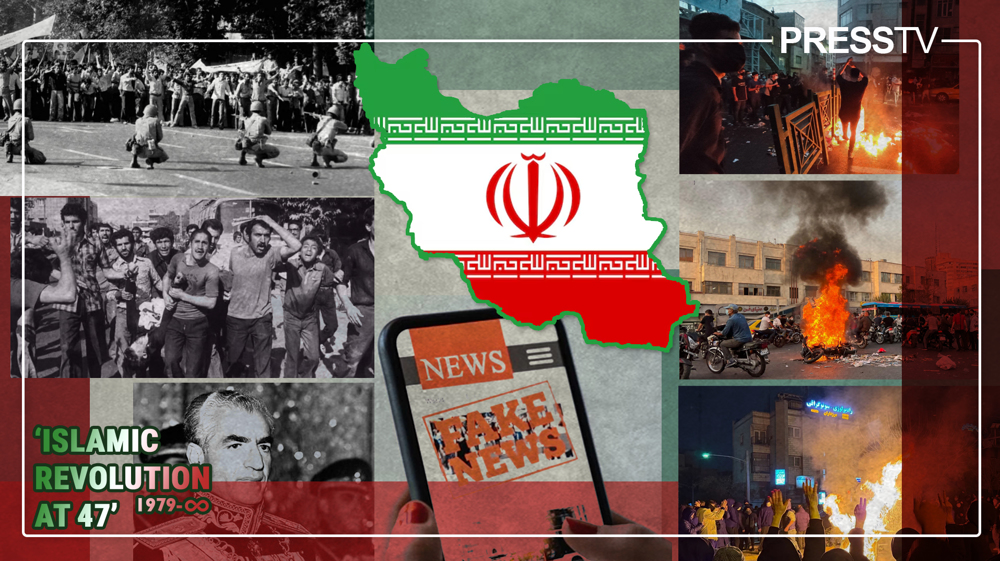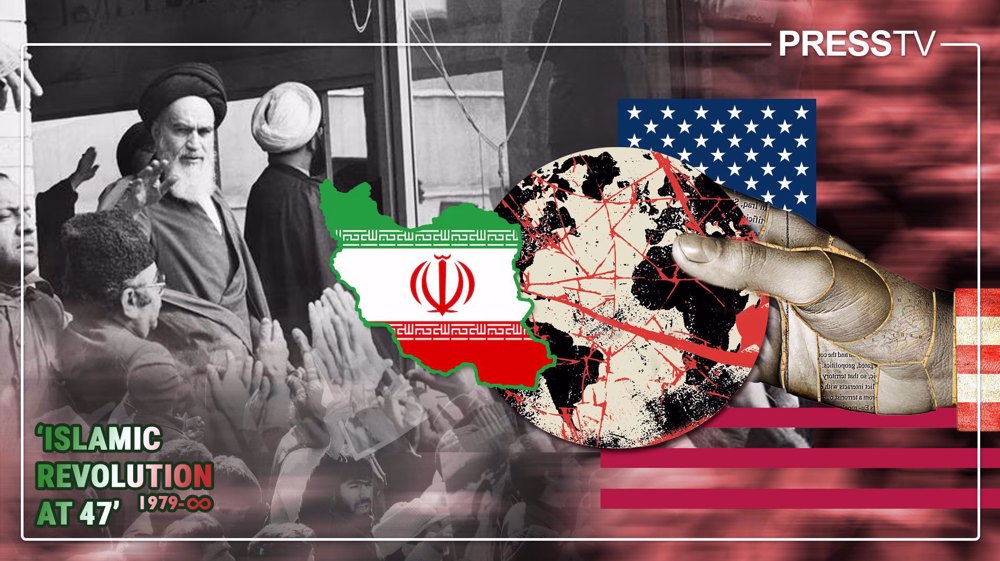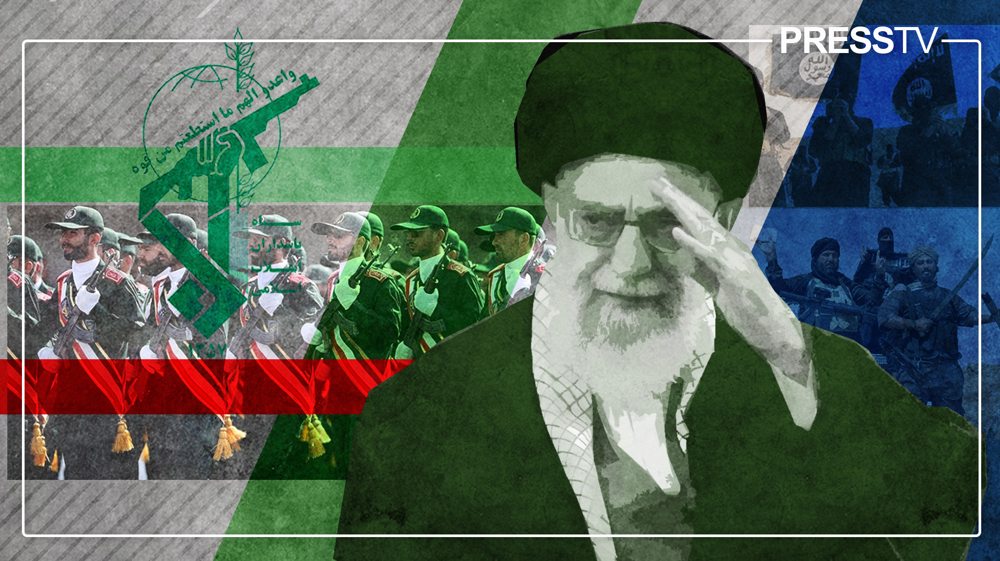Queen Elizabeth and ignominious legacy of British colonialism
By Syed Zafar Mehdi
Queen Elizabeth II, the longest-reigning British monarch, is dead. But the colonial legacy she inherited and fortified for 70 long years lives on, rebranded by the mainstream Western media with her son and heir-apparent King Charles III's accession to the throne.
Since Thursday, when the news came out of Scotland's Balmoral Castle where she was under medical supervision, social media has been abuzz with world leaders queuing up to hail the deceased queen.
However, for millions of people worldwide who directly or indirectly were at the receiving end of the British monarchy’s brutal colonialism, racism, and exploitation, her demise is good riddance.
The 96-year-old queen's legacy will live on in the form of imperial rule the inglorious British Empire established, expanded, and presided over for many centuries, reaping rich dividends from it.
Quite remarkably, the empire still has not atoned for its ignominious past when it ruled over 23 percent of the world's population without their consent, repeatedly attempting to sweep its malevolent history under the carpet.
While many of those countries eventually managed to break the shackles of slavery through long and sustained movements, almost 14 overseas territories still move and shake under the British crown.
The primary agenda of subjugating and controlling countries in virtually every continent was to exploit their rich resources and establish a diabolic slave trade.
In 1562, a British naval commander named John Hawkins was among the first Englishmen to include enslaved Africans in his cargo, on direct orders of Elizabeth I, the British monarch at the time. They were subsequently traded for goods including ginger and sugar, according to historical records.
The obnoxious practice continued for many centuries with roughly six million enslaved Africans being shipped by Britishers from West Africa to the Americas, under the tutelage of the royal family.
Elizabeth II never acknowledged or expressed regret for the brutalities unleashed by the empire in Africa and the Caribbean, and repeatedly snubbed calls for reparations for their despicable exploitation in the slave trade.
Earlier this year, when Duke of Cambridge Prince William dashed off to the Caribbean as part of queen's platinum jubilee celebrations, he was met with angry protests with people demanding an apology for the empire's role in the transatlantic slave trade.
“We see no reason to celebrate 70 years of the ascension of your grandmother to the British throne because her leadership, and that of her predecessors, have perpetuated the greatest human rights tragedy in the history of humankind,” a group of 100 Jamaican activists wrote in an open letter to Prince William at the time.
“During her 70 years on the throne, your grandmother has done nothing to redress and atone for the suffering of our ancestors that took place during her reign and/or during the entire period of British trafficking of Africans, enslavement, indentureship and colonialization.”
The deceased queen was not only the residue of British colonialism that spawned the worst human rights abuses across the world but someone who brazenly enabled and reinforced it by crushing independence movements and preventing newly independent British colonies from quitting the Commonwealth.
Her unflattering relationship with people of color, rooted in the British royal family's racist past, was evident when many Africans took to Twitter following her death on Thursday to not mourn or condole but to celebrate her death with hilarious memes.
"Black Twitter is on fire today," read one of the viral tweets, which showed a young man flashing a victory sign in front of a mock grave for the dead queen.
Under her watch, the United Kingdom made many controversial foreign interventions over the years, from crushing the Mau Mau revolt in Kenya in the 1950s to military invasions in Iraq and Afghanistan in the early 2000s and the war on Yemen more recently.
In the early 1950s, the British spy agency MI6 and its American counterpart CIA conspired to topple the democratically-elected government of Iranian Prime Minister Mosaddegh and reinstate the pro-West Pahlavi monarchy. Elizabeth II, according to reports, had okayed the move that exposed their evil foreign plots.
Many of her "partners in crime" were quick to pay glowing tributes to her on Thursday, starting with French president Emmanuel Macron, who called her a "kind-hearted queen". For people in Africa and the Caribbean, she was anything but kind.
Canadian premier Justin Trudeau heaped praise on her "steady grace and resolve", which only Trudeau and ilk could notice, not millions of people in Iraq and Afghanistan who bore the brunt of the US-UK evil axis.
Saudi Arabia's King Salman described her as "a role model for leadership" who he said will be "immortalized in history". Of course, for her country's unconditional and unbridled support to the Saudi-led aggression in Yemen that has killed thousands and spawned the modern world's worst humanitarian catastrophe.
Elizabeth II shared a particularly warm relationship with successive American presidents, from Dwight Eisenhower to Joe Biden. And together, they oversaw and presided over death and destruction in several third-world countries over the years.
With the queen's death, her eldest son's succession to the throne has revived the long-running debate about the royal family's disgraceful past and inglorious present, prompting calls worldwide for the immediate abolition of the monarchy.
So, is Elizabeth II's death the beginning of the end of the centuries-old British monarchy? Time will tell.
Syed Zafar Mehdi is a Tehran-based journalist, political analyst and author. He has reported for more than 12 years from India, Afghanistan, Pakistan, Kashmir and Iran for leading publications worldwide.
(The views expressed in this article do not necessarily reflect those of Press TV.)
Israeli keeps killing more Palestinian civilians in Gaza amid relentless ceasefire violations
Aliyev: Azerbaijani territory will not be used for threats against Iran
Turkey arrests two on charges of spying for Israeli regime
Iran FM declares ‘good start’ as US–Iran talks conclude in Muscat
Iran strongly condemns 'terrorist' mosque blast in Islamabad
Iran enters talks backed by national power, popular support: MP
France, UK involved in assassination of Muammar Gaddafi's son: Reports
Shia mosque explosion in Islamabad kills more than 30, injures over 160










 This makes it easy to access the Press TV website
This makes it easy to access the Press TV website